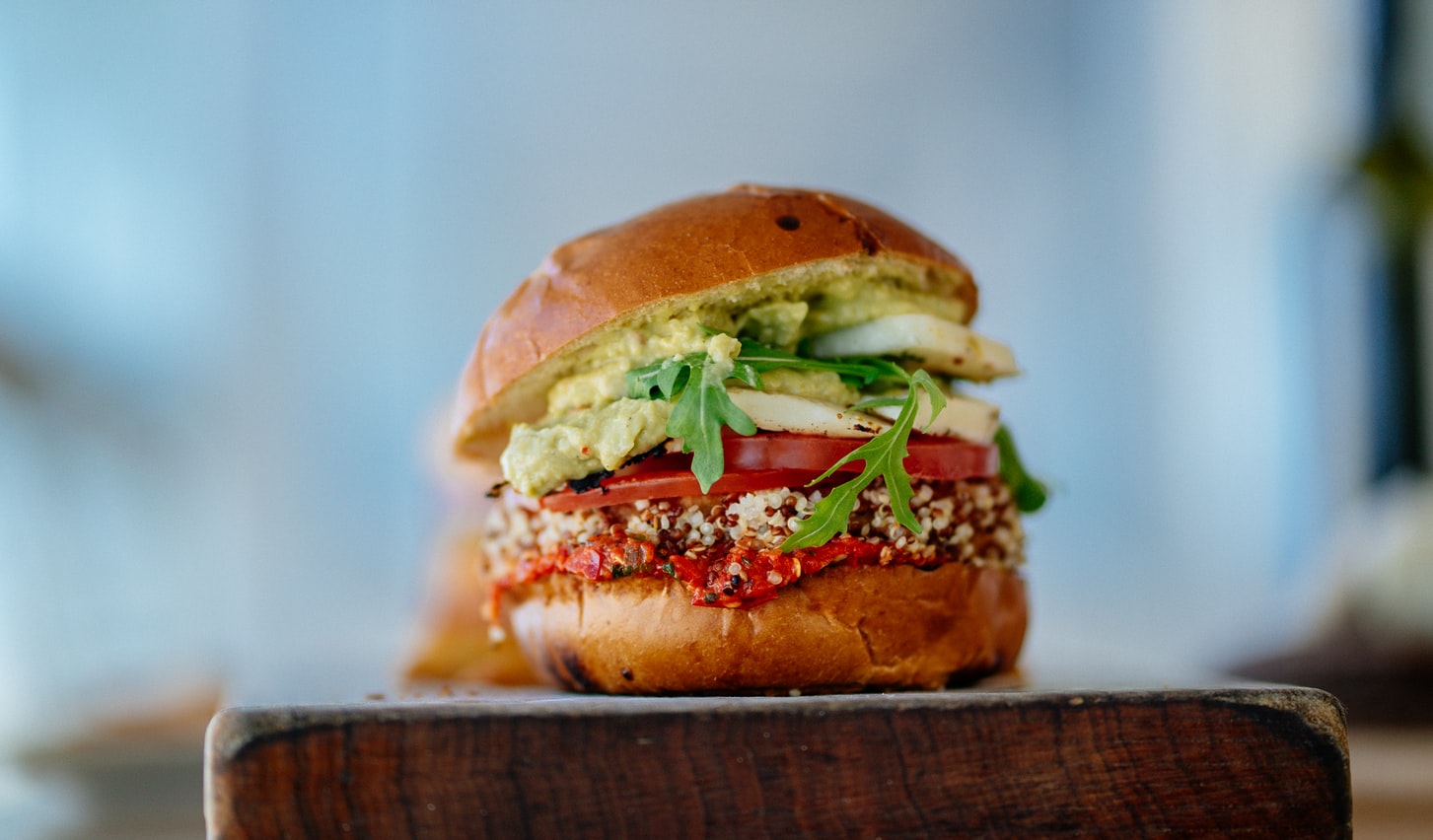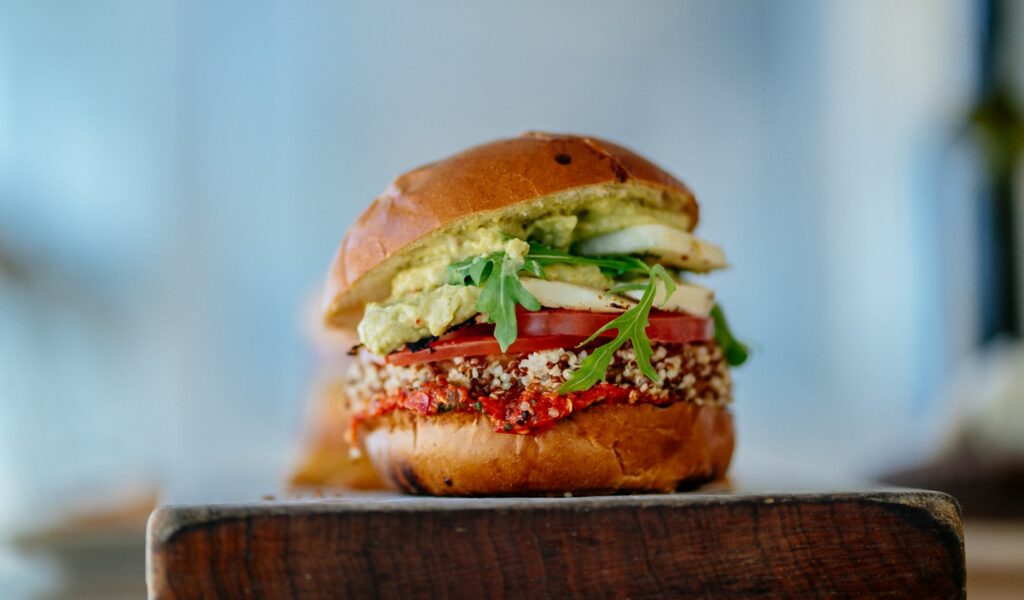Skip to content


Image via Unsplash
Are you interested in plant-based eating, but worry the switch to a vegetarian diet will be too hard? There are a lot of misconceptions about vegetarianism and whether it’s possible to get the right nutrition without eating meat. The truth is, there are a lot of benefits to eating vegetarian, and it’s surprisingly easy, too. If you want to make the switch to a plant-based diet, here’s what you need to know.
Types of Vegetarianism
All vegetarians have one thing in common: They don’t eat meat, poultry, or fish. However, there are distinctions among different types of vegetarianism:
- Lacto-ovo-vegetarians, the most common type of vegetarian, don’t consume meat, fish, or fowl, but do eat eggs and dairy.
- Lacto-vegetarians eat dairy but exclude eggs.
- Ovo-vegetarians eat eggs but exclude dairy.
- Vegetarians, sometimes known as strict vegetarians, don’t eat eggs or dairy. Some strict vegetarians are also vegans, which means they avoid animal products and by-products of any kind.
Health Benefits of a Vegetarian Diet
Eating vegetarian is a great way to help the planet and promote animal welfare. It’s also good for human health. Vegetarians weigh less than meat eaters on average, have a lower risk of heart disease and cancer, are less likely to develop diabetes, and consume less pesticide residue than meat eaters.
Some people worry they can’t meet all their nutritional needs on a vegetarian diet. While strict vegetarians may need to supplement vitamin B12, which is only found in animal products and fortified foods, all other nutrients are obtained in a vegetarian diet. Protein, a common concern for new vegetarians, is easy to get through vegetarian proteins like legumes and meat substitutes, as well as less obvious sources like nuts.
Tips for New Vegetarians
Just starting out on your plant-based journey? Use these tips to plan balanced vegetarian meals that will have you wondering why you didn’t ditch the meat sooner.
Vary your proteins
Cooking without meat can seem impossible when that’s all you know. However, there’s a wide variety of vegetarian proteins to keep your meals interesting. Eggs, tofu, beans, lentils, quinoa, spelt, and hummus are just a few of the tasty vegetarian proteins to build meals around.
Get enough calcium
Vegetarians who don’t eat dairy should make a point to consume other calcium-rich foods including fortified plant milks, breads, breakfast cereals, and dark leafy greens.
Include fermented foods
Eating fermented foods introduces good bacteria into the gut, improving digestion and providing much needed nutrients. Yogurt is a good source of probiotics, but vegetarians who don’t eat dairy can also get these beneficial bacteria from kimchi and sauerkraut.
Avoid highly-processed foods
Highly-processed packaged foods are convenient, but they’re not a good source of nutrition, and many are high in sugar, salt, and saturated fat. Opt for whole foods whenever possible, and when treating yourself to packaged food, read labels before you buy.
Don’t pass on beans
Beans, despite their myriad health benefits, are notorious for causing gastrointestinal symptoms like gas and bloating. However, our bodies get used to beans and gassiness subsides within a few weeks. Power through the transition by choosing lentils and split peas over other beans, soaking beans before cooking (or rinsing canned beans), and cooking beans thoroughly.
With so many health benefits and delicious vegetarian recipes to choose from, it’s hard to find a reason not to go vegetarian. However, if you’re not ready to make the switch to a fully vegetarian diet, start by cooking meatless meals a few times a week. Before long, you’ll realize just how doable vegetarian eating really is!


